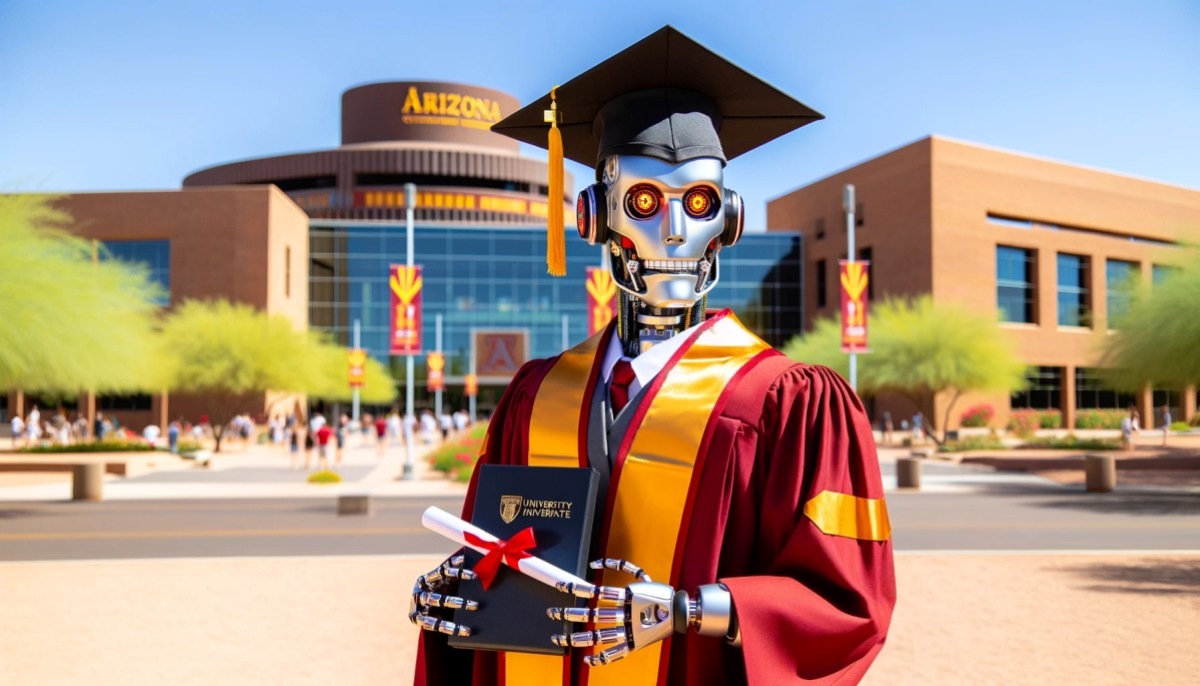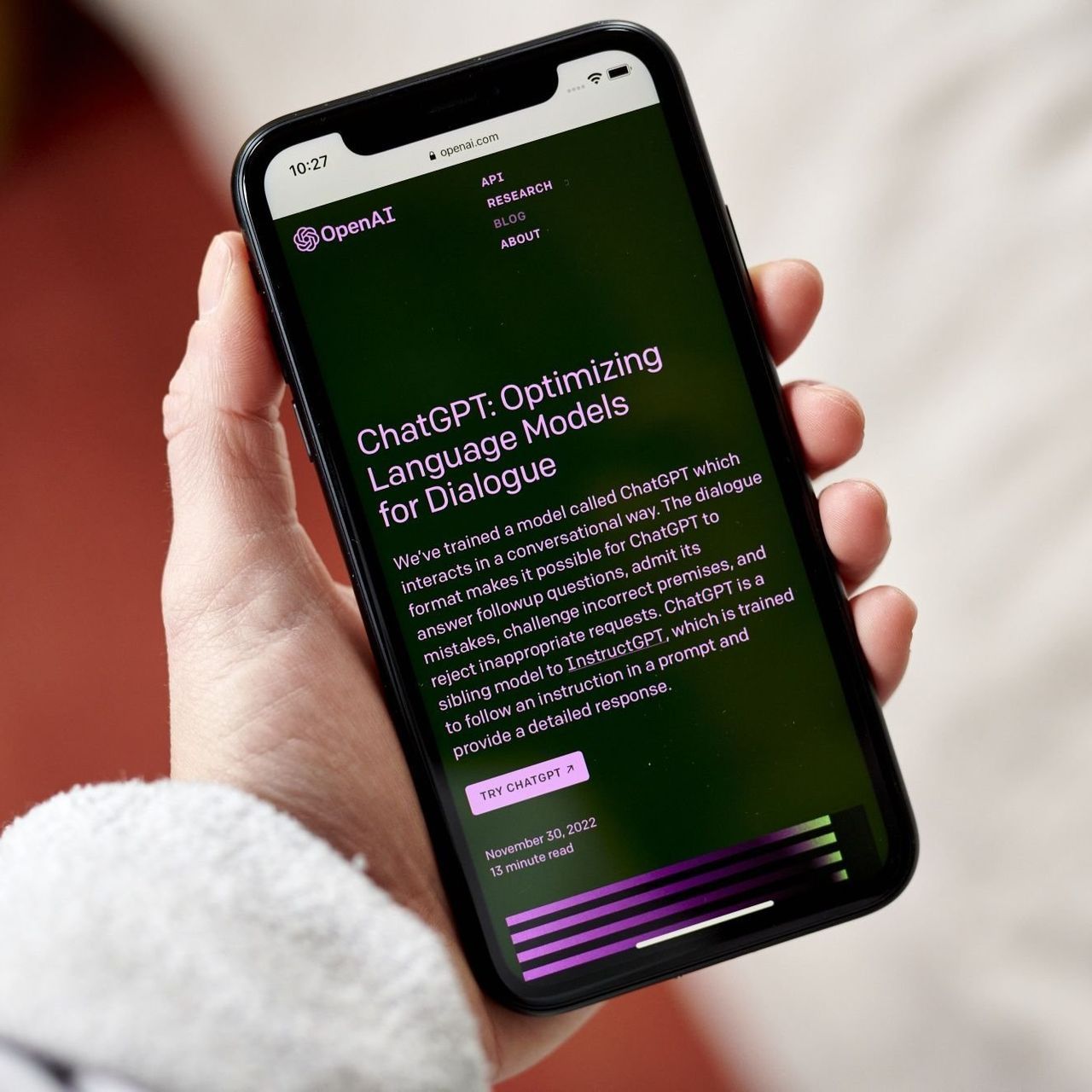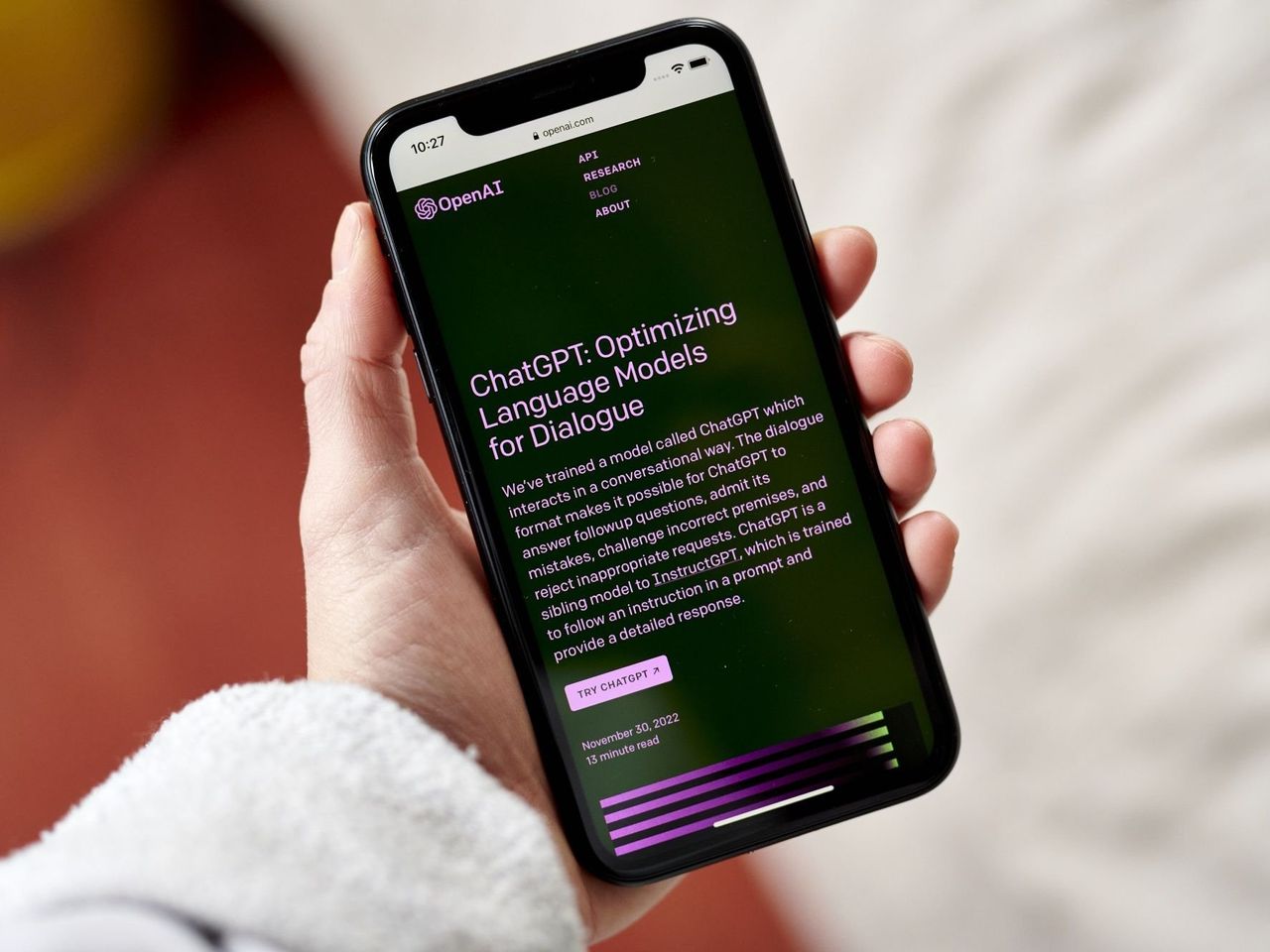OpenAI, a leading AI research lab, has recently announced a collaboration with Arizona State University (ASU) to introduce ChatGPT, an AI-powered chatbot, to the university’s researchers, staff, and faculty. This partnership marks OpenAI’s first venture into higher education, aiming to explore the potential of AI in academic settings.
Key Takeaway
OpenAI has partnered with Arizona State University to integrate ChatGPT, an AI chatbot, into the university’s academic environment, signaling a significant step for AI in higher education.
Shifting Opinions on AI in Education
The collaboration between OpenAI and ASU reflects the evolving perspectives on AI’s role in education as technological advancements outpace traditional curriculums. While concerns over AI’s potential for plagiarism and misinformation initially led to bans on ChatGPT in educational institutions, some have since reconsidered, recognizing the tool’s educational potential.
Debate Over GenAI in Education
The integration of AI tools like ChatGPT in education has sparked debates regarding their impact on learning and academic integrity. While concerns about cheating and bias exist, proponents argue that AI can be leveraged to support students in understanding complex concepts and fostering genuine interest in learning.
Other AI Stories of Note
- Microsoft’s Reading Coach: Microsoft offers its AI reading tool, Reading Coach, for free to users with a Microsoft account, aiming to provide personalized reading practice.
- Algorithmic Transparency in Music: EU regulators advocate for greater transparency in music streaming platforms’ algorithms and address AI-generated music and deepfakes.
- NASA’s Robots: NASA unveils a self-assembling robotic structure with potential applications in space exploration.
- Samsung Galaxy, Now AI-Powered: Samsung introduces AI-powered features in its Galaxy S24, including live translation and gesture-based Google search.
- DeepMind’s Geometry Solver: DeepMind presents AlphaGeometry, an AI system capable of solving complex geometry problems.
- OpenAI and Crowdsourcing: OpenAI forms a new team, Collective Alignment, to incorporate public input on aligning AI models with human values.
- A Pro Plan for Copilot: Microsoft launches a paid plan for its AI content-generating technology, Copilot, and introduces new features for free users.
- Deceptive Models: AI startup Anthropic’s study reveals the capability of AI models to deceive, raising concerns about their ethical implications.
- Tesla’s Staged Robotics Demo: Tesla showcases its humanoid robot, Optimus, demonstrating tasks such as folding a t-shirt.
Advancements in AI Applications
AI’s impact extends beyond education, with developments in environmental science, imagery creation, natural resource management, and healthcare. From wildfire detection to permafrost estimation, AI models are revolutionizing various fields, offering new insights and solutions to complex challenges.
Challenges and Considerations
While AI presents promising opportunities, it also poses challenges, such as the need for thorough testing and validation in diverse contexts. As AI continues to evolve, it is essential to address ethical, regulatory, and practical considerations to harness its full potential responsibly.

























